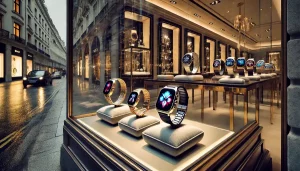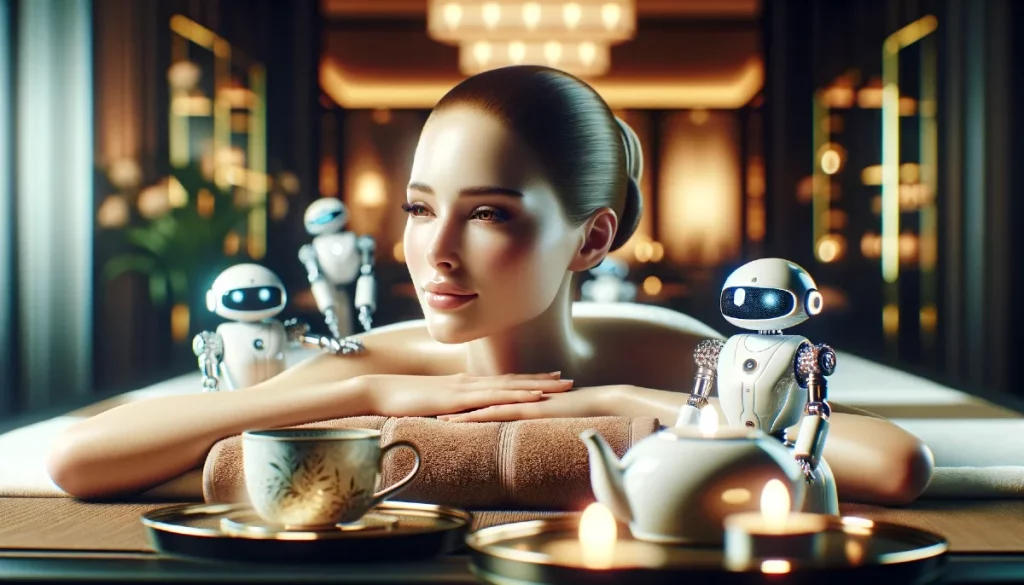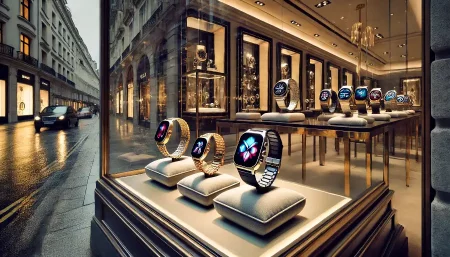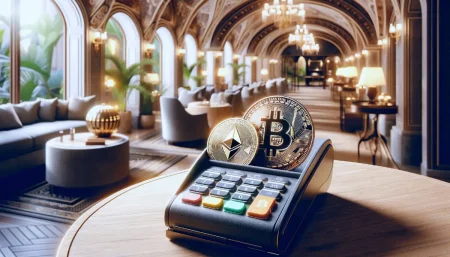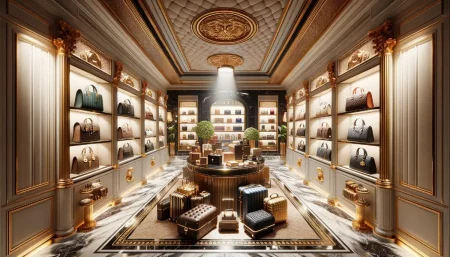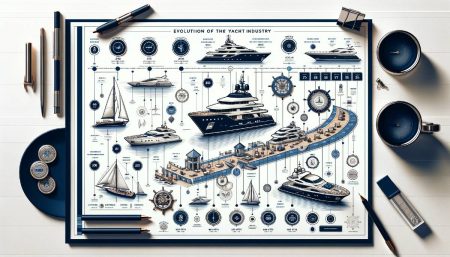Imagine attending a virtual fashion show where models display digital couture designed by AI and visualized via augmented reality. Customize the colors, fabrics and accents to your taste. At the end, a life-size hologram of your personalized luxury ensemble is projected before you.
Blockchain, automation, augmented reality – these emerging technologies may profoundly transform luxury in the coming decades. As manufacturing becomes highly automated, the path opens to provide true made-to-order indulgence. Supply chains achieve transparency. Products adapt in real-time to individual whims.
Yet human creativity remains essential, elevating experiences with emotion and meaning. This article explores the key technologies poised to reshape luxury’s future. We’ll delve into how innovations could make luxury more personalized and sensorial than ever before – if applied judiciously. The potential exists to democratize access while retaining exclusivity.
Hyper-Customized and On Demand
Automation will enable a new era of bespoke luxury on demand. Smart factories can eventually produce customized goods at scale, rather than mass manufacturing homogenous products. For instance, an automaton couture house could produce made-to-measure designs ready for purchase in minutes based on a client’s unique preferences and measurements. Or a consumer could fully customize their new car’s interior finishes and technology packages to their personal taste.
Blockchain will also provide transparency into the provenance and ethical sourcing of materials, assuring luxury buyers of each item’s authenticity and pedigree. Delivery drones and autonomous vehicles could even enable near-instantaneous gratification of purchases.
Hyper-Personalized Immersive Luxury Experiences
Emerging technologies like virtual and augmented reality will allow luxury providers to create bespoke multi-sensory experiences customized to each individual. By combining data about consumer preferences with simulations and smart environments, VR and AR can offer personalized, interactive luxury encounters anywhere in the world.
AIs will generate simulations tailored to the consumer’s interests – perhaps a virtual trip to Paris where the client explores their favorite landmarks. Smart materials with adjustable properties allow customized creations like fashions or interiors to morph in real-time according to the user’s needs and context. The lines between physical and digital will blur to provide limitless bespoke luxury.
AI Concierges Provide Personalized, Predictive Luxury
Sophisticated AI systems will provide hyper-personalized recommendations and experiences tailored to each user’s specific tastes and past behaviors. For instance, upon walking into a luxury boutique, an AI stylist may greet you by name and offer clothing in your preferred styles and color palette based on your past purchasing data and social media activity. During a getaway to an exclusive resort, an AI concierge caters every activity and amenity to your individual preferences and interests.
Predictive analytics will allow these systems to anticipate needs and desires before they arise. With privacy controls in place, luxury providers could gain granular insights into lifestyle patterns to provide seamless service through integrated smart home ecosystems and virtual assistants.
The Human Touch Remains Essential
Yet for all technological advances, the human touch will remain essential to delivering truly luxurious experiences. The small imperfections in hand-crafted items, the warmth of personalized service and communication, the spark of inspiration and creativity – these inherently human elements are irreplaceable. Technology should aim to augment human imagination and abilities, not supplant them fully.
Too much automation also risks jeopardizing the prestige and exclusivity central to luxury’s appeal. The human effort involved in sourcing rare materials and constructing fine details offers inherent value. Customers want the human story and pedigree behind luxury goods, not just robotic efficiency. Brands must strike the right balance between utilizing cutting-edge tech while showcasing the skill of human hands.
Luxury of Time and Self-Actualization
Once basic needs are met, the desire shifts to luxury of time, significance, and self-actualization. Consumers increasingly demand experiences that provide meaning and significance aligned with their values. For instance, an eco-luxury retreat may customize programming to nurture each guest’s talents and personal growth while minimizing environmental impact. Every detail aligns with that transformative mission.
Physical goods hold less inherent appeal when they are no longer scarce. But the desire grows for experiences that make the most of our limited time on Earth. The democratization of access to rudimentary luxuries also elevates exclusivity of meaningful experiences. Luxury’s new frontier is curating joy, adventure, purpose, and memories.
The Privacy Paradox
The promise of hyper-personalized luxury experiences relies heavily on data collection. But privacy concerns loom large, making some consumers hesitant to share information. Luxury brands will need to balance gathering data to tailor recommendations with letting clients control how much personal information is shared.
Strict opt-in policies and transparent communication of how data is used builds trust. Consumers may be willing to share select details to receive customized service – but only with brands that treat their data as sacrosanct. Helping clients directly see how sharing data improves their experience can make the value exchange transparent.
The Experience Economy
In parallel with the broader economy, luxury shifts from focusing on products to experiences. Experiential luxury that provides treasured memories and sensory stimulation will increasingly become the epitome of prestige. Storytelling also grows ever more essential – weaving compelling narratives around brands through exclusivity, emotion, and imagination.
Luxury’s new imperative will be staging unique experiences for clients while imbuing physical goods with meaning through thoughtful design narratives. Already, luxury brands are expanding into hospitality, gastronomy, and services to provide wholistic lifestyle experiences. The winners in the luxury space will be masters of experience orchestration augmented by strategic technological enhancement.
Integrating Human Creativity with Emerging Technologies
In the evolving landscape of luxury, the synergy between human ingenuity and advanced technology becomes pivotal. Luxury brands must cultivate a workforce that not only understands technology like predictive analytics, augmented reality, and smart materials engineering but also embodies a deep sense of creativity and human-centered design. This blend of technical prowess and artistic insight is crucial.
Education in this domain will transcend traditional boundaries, merging STEM with critical thinking, ethics, philosophy, and artistic expression. This approach ensures that while machines enhance efficiency and precision, the essence of luxury — sparking joy, wonder, and meaningful experiences — remains a fundamentally human endeavor. Personnel driving these technologies forward must do so with an understanding of luxury’s cultural significance, embodying wisdom and sensitivity in their application.




